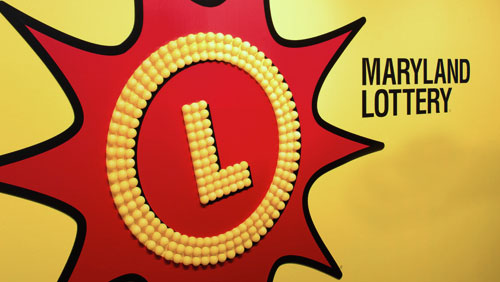Losing gaming technology providers Gaming Innovations LLC and IGT Global Solutions have put a big question mark on the regularity of the $263 million Maryland lottery computer network contract bidding after the state agency favored an incumbent vendor.
 Both Gaming Innovations and IGT have protested the awarding of Maryland lottery contract to rival Scientific Games International of Las Vegas, claiming that the Maryland State Lottery and Gaming Control Agency made “arbitrary and capricious” choices in evaluating the bids, according to The Baltimore Sun.
Both Gaming Innovations and IGT have protested the awarding of Maryland lottery contract to rival Scientific Games International of Las Vegas, claiming that the Maryland State Lottery and Gaming Control Agency made “arbitrary and capricious” choices in evaluating the bids, according to The Baltimore Sun.
IGT was the first to raise hell over the tainted bidding process as it accused the agency of irregularly attempting to run up the contract’s long-term value in an attempt to minimize future oversight by the state Board of Public Works.
The London-based gaming tech company has alleged that lottery officials informed them that the bid request includes internet lottery sales. The state agency explained that they wanted to avoid further “burdensome” review by the public works board if lawmakers were to approve an expansion of gambling in Maryland to include lottery ticket sales over the internet.
According to the company, agency officials said seeking board approval of a contract modification to include such capacity could bring lottery operations to a “screeching halt.”
Meanwhile, Gaming Innovations joined IGT’s protest this week, attacking lottery agency for showing “undeniable bias” against awarding the contract to a minority business enterprise. It claimed that the agency refused to give the joint venture credit for the experience of its two members, which together run the D.C. Lottery.
Sought for their comment, a state lottery agency spokeswoman refuted the allegations that IGT and Gaming Innovations lodged against them, saying that the bidding “was conducted with the highest standards of independence, integrity and adherence to the law.”
Gov. Larry Hogan, on the other hand, declined to comment on the issue. According to Hogan’s spokesman Doug Mayer, the governor’s office will take a look at the contract if it comes before the public works board.
Last August, the state agency declared Scientific Games as the winning bidder, after it entered a “not to exceed” bid of $263 million. A not-to-exceed contract sets a ceiling for spending under the pact. The total amount spent could prove to be less.
Reacting to the news report, Scientific Games pointed out that the contract was awarded to them after they garnered the highest technical score in the procurement process.
The bid of Scientific Games was roughly $50 million more than Gaming Innovations bid and $25 million more than IGT. Scientific Games garnered the highest technical score, which reflects its judgment of a bidder’s ability to do the job. IGT ranked second and Gaming Innovations third.
Scientific Games pointed out that it did not include Internet sales in its Maryland Lottery base proposal, and had no plans to implement Internet sales.
“As is typical in the industry, Maryland¹s RFP requested all suppliers include options for future technologies, including Internet services, should the state choose to use those in the future. We complied with the RFP requirements to present future technologies as options only,” Scientific Games said in an e-mailed statement to CalvinAyre.com